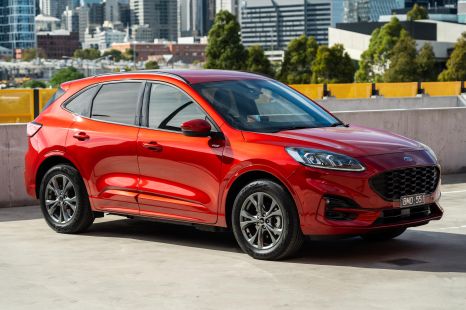

Damion Smy
Ford Escape PHEV recalled for fire risk
33 Minutes Ago

Senior Contributor
Chinese automotive powerhouse Geely is gearing up to play a big part in the Australian automotive landscape – and it plans to have a ute as part of its range.
The broader Zhejiang Geely Holding Group – parent company of Volvo, Polestar, Smart, Zeekr, Lynk & Co, Lotus and new brand Radar Auto – is already present in our market with most of those marques, and the Geely brand will itself launch in 2025 with the new EX5 mid-sized electric SUV.
But it’s clear Geely has even bigger plans in Australia, including the launch of a ute or pickup truck – with the vice-president of Geely Auto, Michael Song, confirming a dual-cab model is destined for Australia.
100s of new car deals are available through CarExpert right now. Get the experts on your side and score a great deal. Browse now.
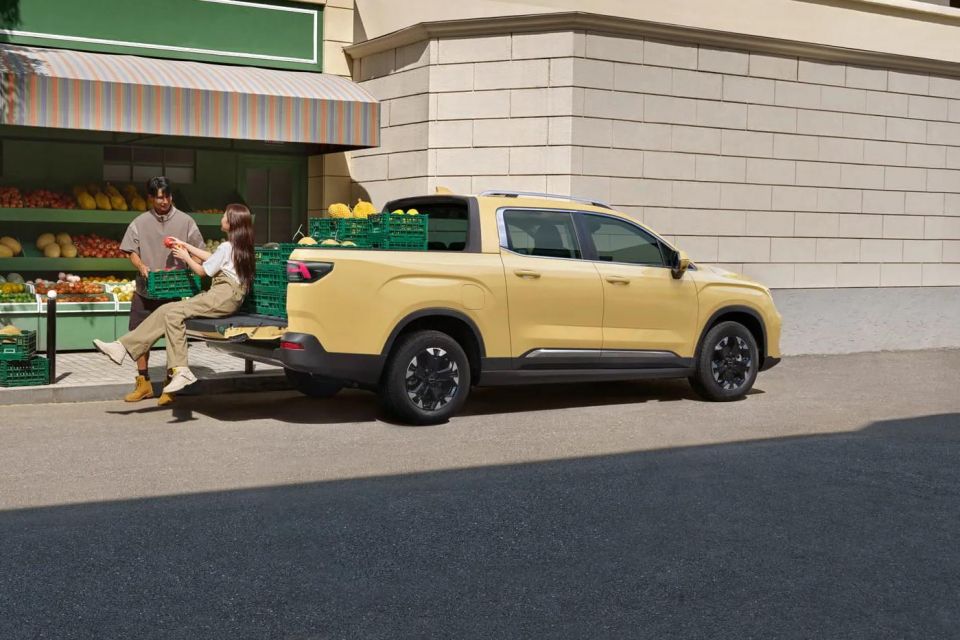
“Pickup trucks are a special category in Australia. We don’t consider them as regular family vehicles,” said Mr Song.
“I’m very clear that pickup trucks have important markets globally.
“The proportion of pickup trucks in right-hand drive markets is larger than in left-hand drive markets, but the fact is that pickup truck demand varies significantly across different regions,” he added, referring to the fact that commercial utility vehicles account for about 20 per cent of Australia’s new vehicle market.
Light commercial vehicles notched up almost 275,000 registrations here in 2023 and, of that, the vast majority were pickup or cab/chassis utes. So it’s no surprise the dominant diesel-powered legacy models – Ford Ranger, Toyota HiLux, Isuzu D-Max – are facing increasing competition from a host of new entrants.
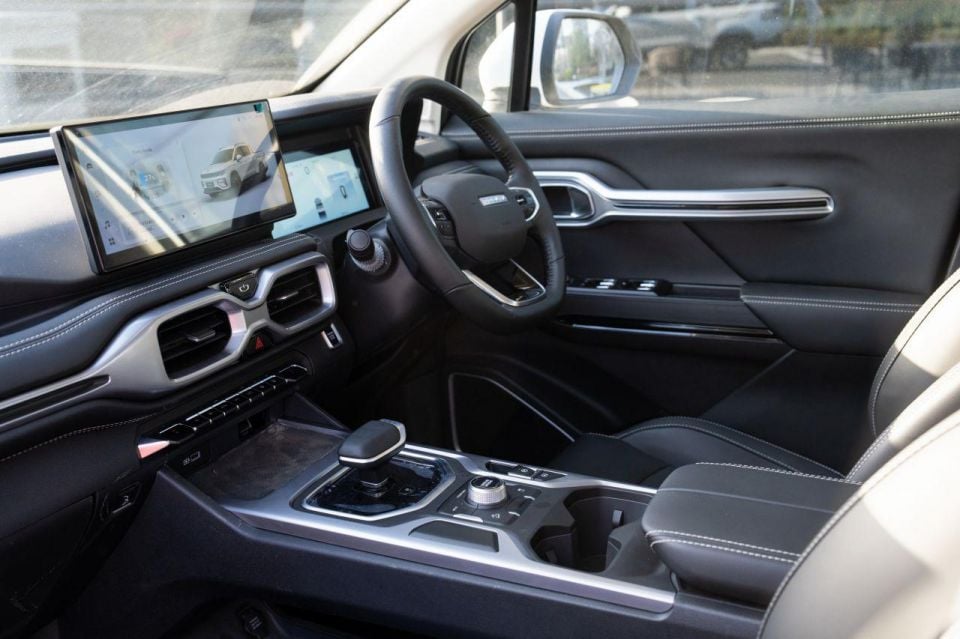
Fresh arrivals like the BYD Shark 6 with its innovative plug-in hybrid system, and the upcoming Ford Ranger PHEV, are also resetting the expectations of utes in the market.
And while the LDV eT60 electric ute hasn’t been a smash-hit success, that Chinese brand is about to launch a new EV ute called eTerron 9, which will be followed by an internal combustion engine (ICE) model.
So, the ute market is evolving, and Mr Song said Geely aims to meet the market where the demand is.
“We have already made strategic plans regarding pickup trucks, and it’s not just about BEV pickup trucks – we have also planned for diversified energy solutions,” he said, referring to potential ICE, hybrid or plug-in hybrid models.
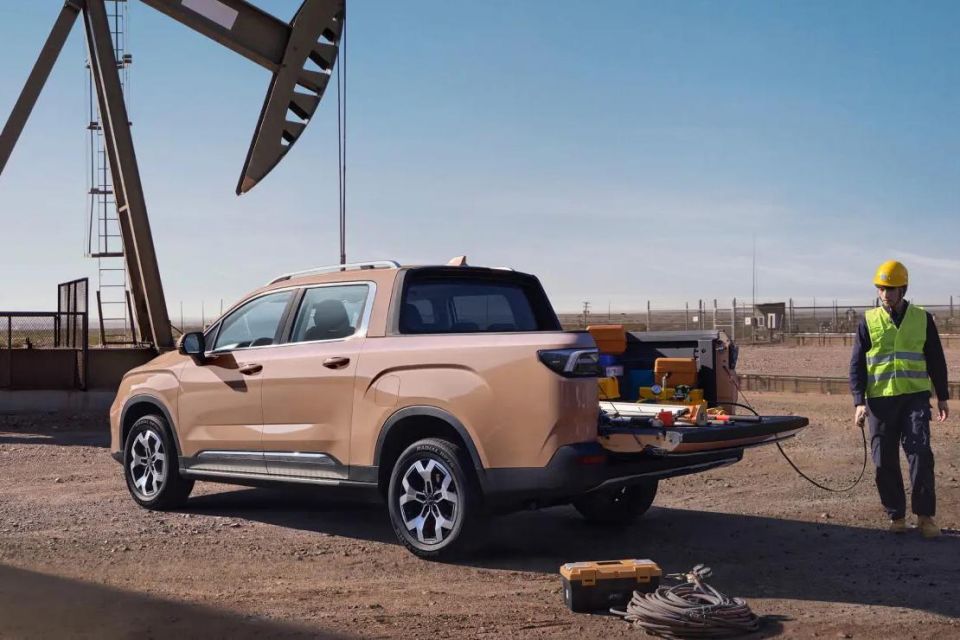
The Radar RD6 – known in some markets as the Riddara RD6 – has already been launched in right-hand drive in Thailand.
In Thailand, Riddara has confirmed the RD6 will be produced in single-motor rear-wheel drive form with two different battery packs, while an all-wheel drive version of the RD6 called the Horizon is offered in China.
The single electric motor in the Riddara RD6 produces 200kW of power and 384Nm of torque. It’s fed by either a 63kWh battery pack that offers a CLTC claimed range of 385km, or an 86kWh battery pack with a CLTC range of 517km.
Mr Song didn’t confirm if this was the ute that will be sold in Australia, but if it is we’re likely to get the rear-wheel drive and all-wheel drive variants with the biggest battery packs.
He did say the brand intends to make sure the business gets it right for Australia in terms of specifications and the drive experience, having confirmed a local suspension and ADAS tuning program for the EX5 electric SUV. Mr Song said that Geely will do the same with subsequent new models.
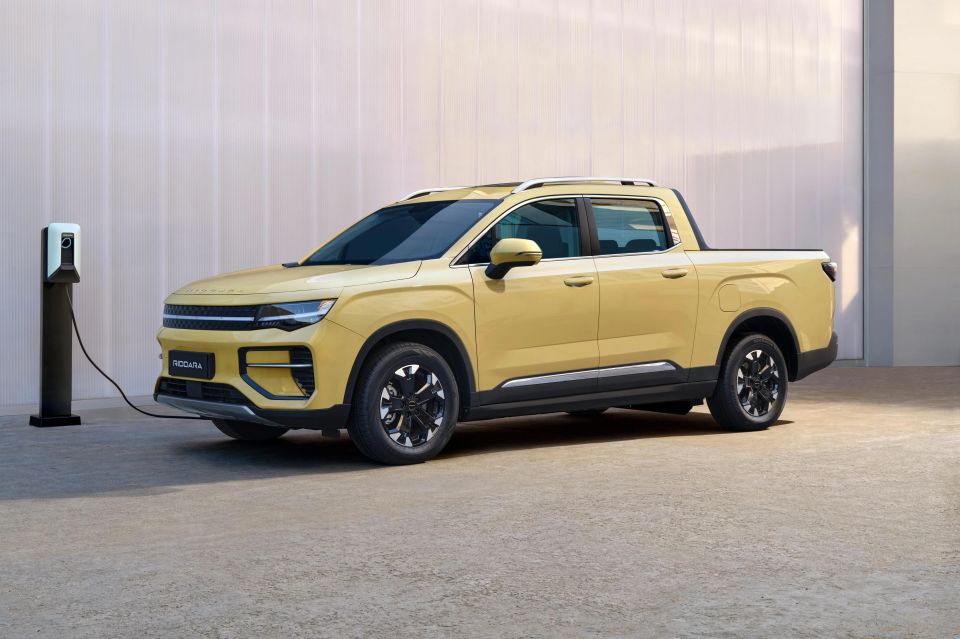
“Based on driving habits, we will make adjustments according to the actual conditions in Australia and provide different strategies,” he said.
“This work is called regional adaptive calibration, which is something we will definitely do.
“We will also regularly send engineers to Australia. The Australian market is a relatively new market for our brand, so more issues involve adapting to local social rules, with driving habits being particularly important, so we are very eager to learn these.”
Geely’s first model in Australia – the EX5 mid-sized electric SUV – is expected to be offered with a 60.2kWh battery pack, with the front-wheel drive variant claimed to offer 430km of electric range on the WLTP cycle.
We expect the Tesla Model Y rival to be positioned as one of the most affordable mid-sized electric SUVs on the market, possibly targeting the same pricing as the smaller BYD Atto 3 (from $44,499 plus on-road costs).
Where expert car reviews meet expert car buying – CarExpert gives you trusted advice, personalised service and real savings on your next new car.
Matt has more than a decade of experience in automotive journalism, and loves exploring the pros and cons of new cars, delving into deep-dive industry stories, and going for a drive just for the fun of it.


Damion Smy
33 Minutes Ago
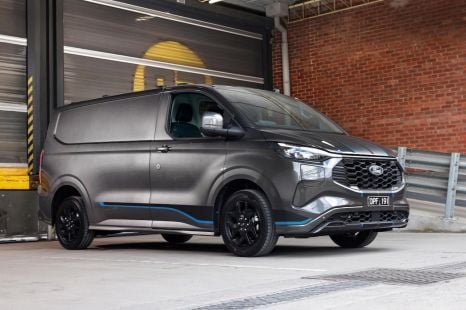

Damion Smy
43 Minutes Ago


Damion Smy
1 Hour Ago
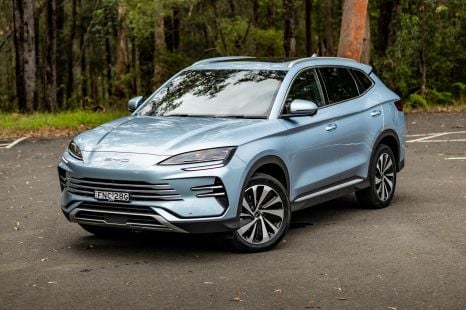

Josh Nevett
2 Hours Ago


Max Davies
2 Hours Ago
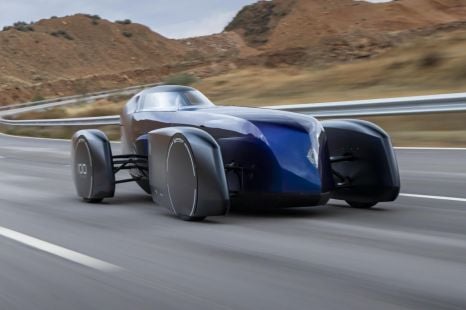

Derek Fung
3 Hours Ago